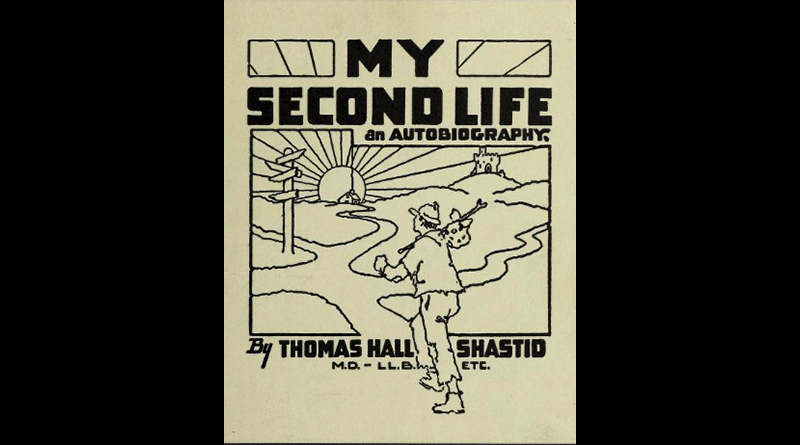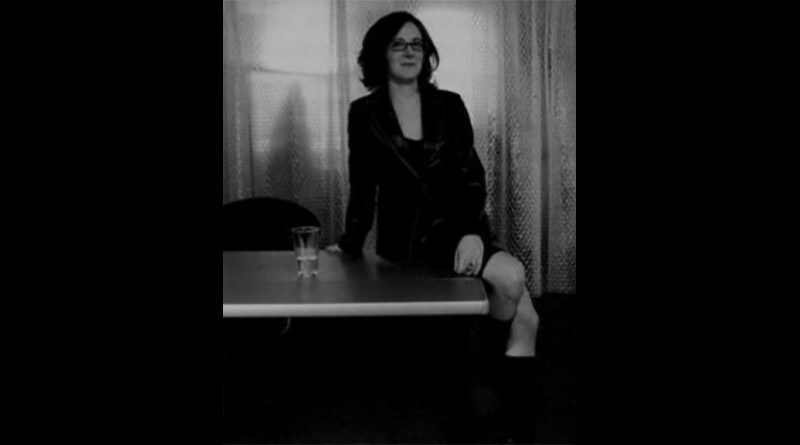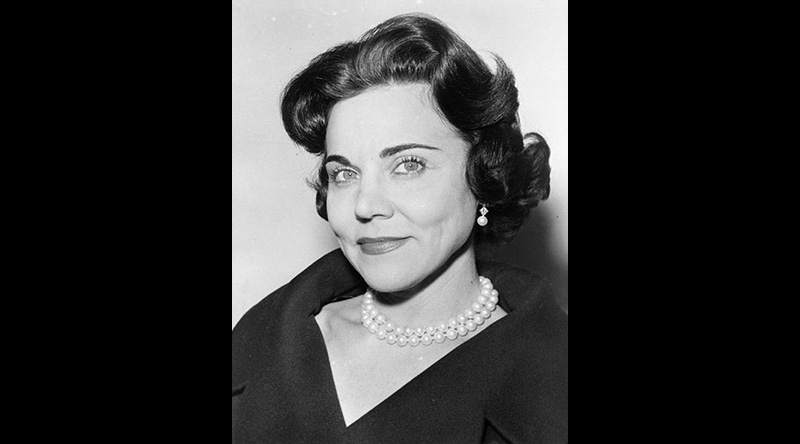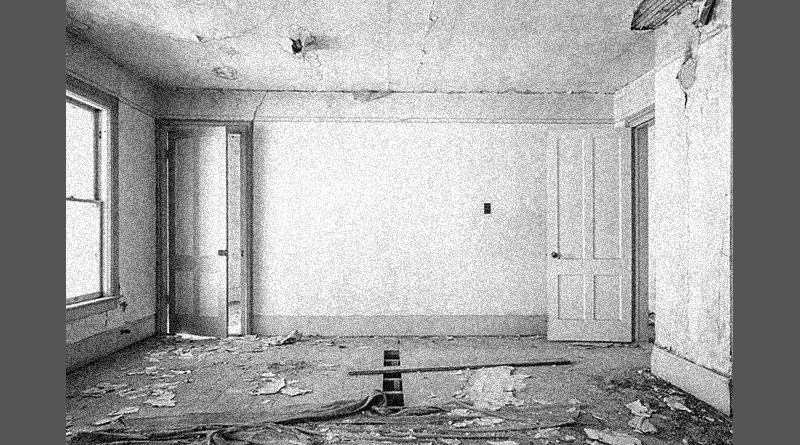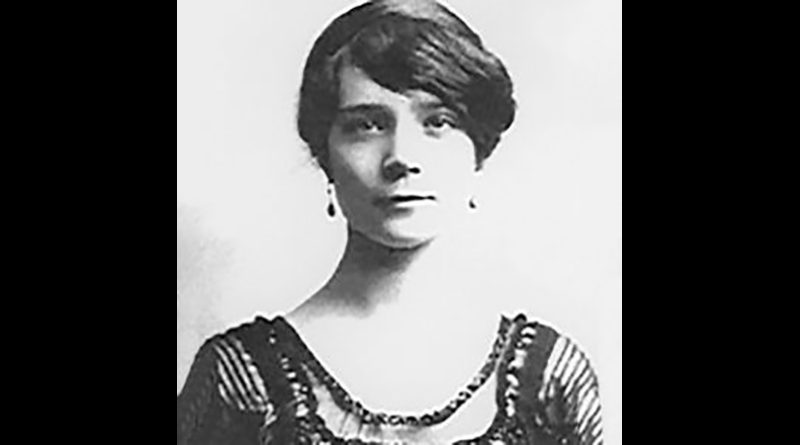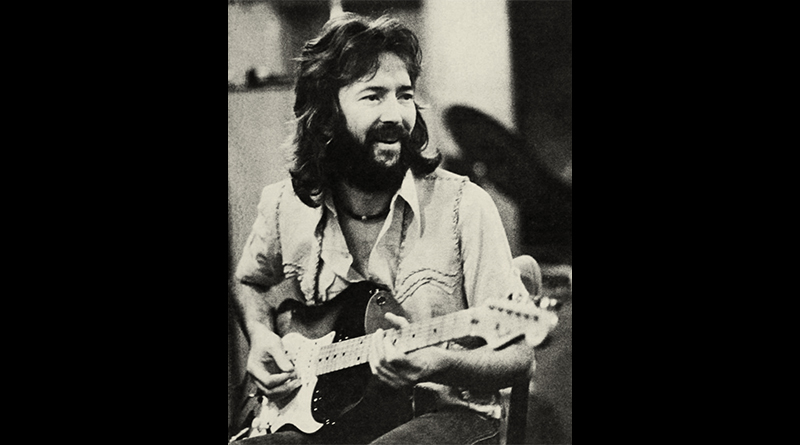My father, as we drove away from the village, was, I noticed, nervous and apprehensive in the extreme — something quite unusual with him in all his professional relations. I tried to divert his attention to pleasanter things, but to no avail. Towards us drove a man standing on a load of hay, leaning strongly backward while supported by the lines. To get some friendly answer I shouted, “Howdy, Stranger!” He did not know me or reply. Finding big Dick in a lather, my father, under a cooling shade, pulled the old fellow to a halt. A little crook-leg bull-dog trotted out of a fence corner and began snuffing at the horse’s hocks. My father, perturbed by the occurrence, drove on. A few moments later, a heavy shot slapped against hills and rocked back across the flats. He halted the horse once again and looked all about. It was getting to be the hunting season of the year, and, of course, the woods and fields were filling with game seekers. Yet, at each distant rolling thunder of a shot-gun or whip-like crack of a rifle, my father would pull up the horse suddenly, look about, and listen, listen, as if he had been some bloody criminal for whom the whole world was seeking.
And the stories about my father grew steadily worse. Some were altogether incredible, yet were continually being repeated. One of them was so bad I was nearly distracted about it. Mr. and Mrs. John Connett, true friends of my father in Pittsfield, came round to his office one day and repeated it to him sympathetically and with the assurance that they and their friends were going to do the best they could to “nail that lie.”
With such a story circulating — i.e., that Father was going demented and, under the delusion that insects were crawling around in everybody’s wounds or inwards, was poisoning and killing his patients wholesale in the endeavor to poison and kill out the cockroaches, tumble-bugs, etc., was it any wonder that my father’s practice suffered? “Don’t you believe it?” the teller would ask the listener. “What about John Stettenhausen? He killed him, plainly admits that he did — in the name of science.”
With such a story circulating was it any wonder that we saw all about us staring eyes, unfriendly eyes, eyes of contempt, derision? Occasionally, behind us, as we walked along some village plank sidewalk, I heard smothered laughter behind us. Turning suddenly, on one such occasion, I saw two or three half-grown bumpkins imitating my father’s grave gait. Another time, before a country store and a little laughing group around its doorway, a big young fellow ran out before my father with a tumble-bug in his left hand. Extending it toward him, he cried, “Hey, Doc, when a man’s got a wound and you find a thing like this inside of it, do you give him a pill like this?” And, extending his other hand, now open, he displayed a tumble-bug’s dung-ball.
My father’s eyes flashed fire. For a moment I thought he intended to give the ignoramus the punishment he deserved. But better than that happened. The clown’s father, a whale of a fellow and owner of the store, stepped from the group and administered such a clout to his over-assuming son that the latter put hand to ear and set up a horrible racket.
“Haven’t I told you a dozen times,” asked the father in a very soft tone, which, as I thought, promised still more blows, in case occasion called for them, “Haven’t I told you a dozen times that Doc ain’t never said nothing about insects getting into peoples’ wounds or bodies, but only that little, microscopic vegetable things get into wounds and people and plays hob with ’em by makin’ poisons in their systems? An’ haven’t I told you he takes matter out of wounds, lays it under a microscope and there proves what he says?” Then to the whole crowd, “I got a brother that practices medicine in Chicago and teaches in a medical college, and he says Doc Shastid’s right.”
That ended that. And, in fact, my father did not always meet in other places with ignorance and blind opposition to his advocacy of the germ theory and Listerism. In some neighborhoods almost all the people actually shared his view. In others, of course, the matter stood just the other way around. — Thomas Hall Shastid, in his autobiography My Second Life (read for free)

